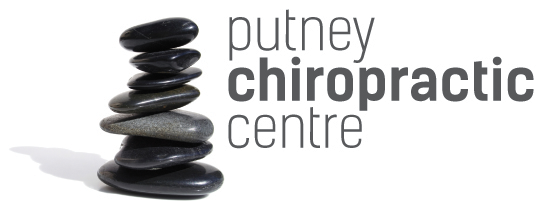Posture and healthy ageing
As most of you will already know, us Chiropractors often speak about the importance of posture for overall health and function. But how does one’s posture influence their brain and central nervous system function?
Posture in a nutshell is how we hold and carry our body. How straight our back is when we stand, how far forward our neck may sit as we ‘scroll’ or how long we spend in any fixed position. But why is posture so important?
The importance of posture relates closely to the purposes of our spine; structure, movement and protection. While bad posture has logical, understandable negative consequences on structure and movement, its impact on the spine's capacity to PROTECT our central nervous system (brain and spinal cord) is often neglected.
In a healthy individual, good posture will display as eyes looking straight ahead, ears in line with our shoulders, even height of shoulders and hips, and feet facing forwards. While features of poor posture include forward head position, an increased arch in the upper back (hunchback), and uneven shoulders or hips. This can lead to increased physical stress and wear and tear to our spine, influencing our structure and movement.
A recent research study investigating the relationship between spinal posture and cognitive health in over 400 individuals between the ages of 55-89 showed that significant forward spinal alignment (hunchbacked and forward head positioning) is associated with cognitive decline independently of age or gender. This fascinating research indicates that bad posture may have a relationship with the spine's role in protecting our central nervous system and can be a simple sign of hidden cognitive decline in older adults.
As research deepens our understanding of the relationship between objective physical measures and healthy aging all the time, this research highlights a potential relationship between spinal posture and cognitive decline. And is all the more reason for us all to work towards maintaining a healthy posture as we age.
So what can you do to help and maintain a good posture?
Some easy ways to help our posture as we age include:
● Regular walking - avoiding the temptation to scroll on the go
● Avoiding bad postures at work - screen heights lower than eye level, hunched backs and rounded shoulders
And of course
● Get assessed and adjusted regularly by your chiropractor to maintain healthy spinal movement and nervous system health.
